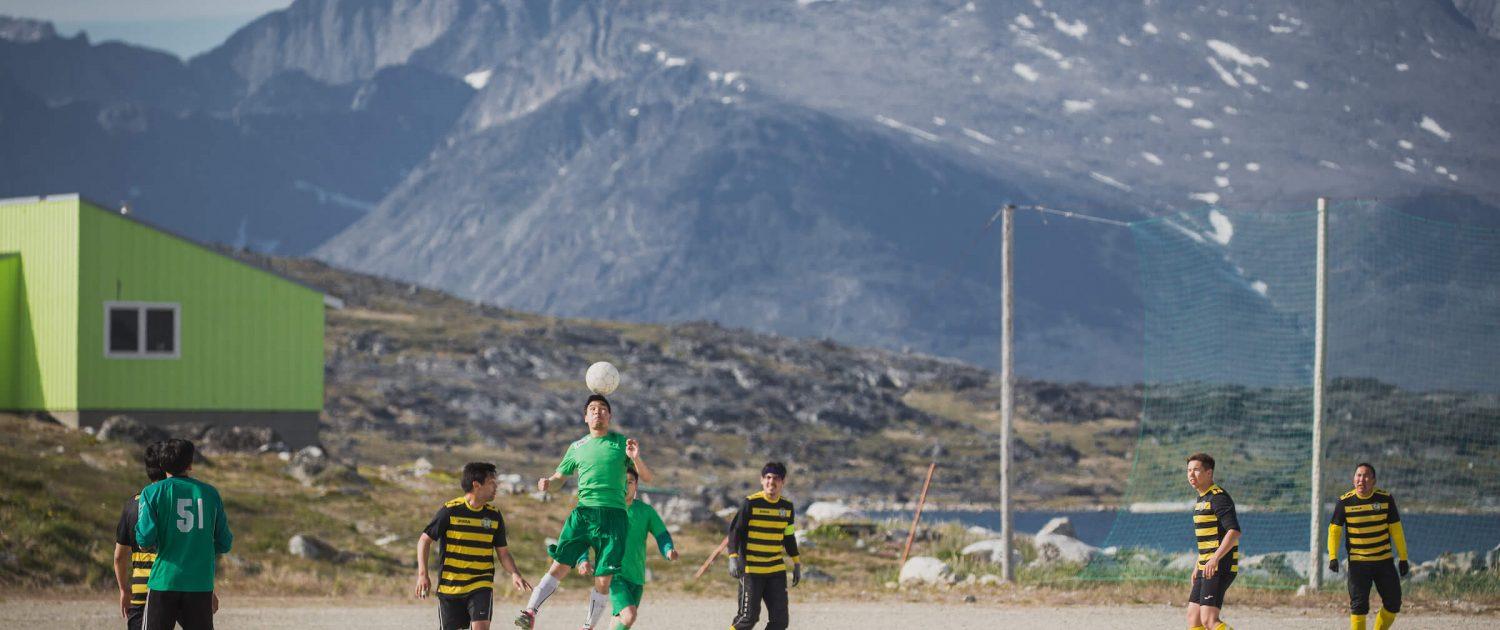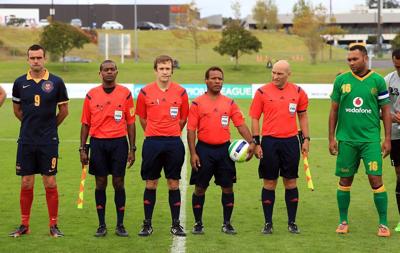
Greenland's Quest for FIFA Recognition: A New Frontier in International Football
Greenland's ambition to establish itself on the global football stage is a testament to the nation's determination to transcend the geographical and climatic challenges it faces. Nestled in the Arctic Circle, Greenland's pursuit of FIFA recognition is not just about football; it signifies a broader cultural aspiration to connect with the international community through sport.
The Drive for Recognition
The Greenland Football Association (GFA) has been actively working towards meeting the stringent requirements set by FIFA for membership. This involves not only the development of football infrastructure but also the cultivation of competitive teams that can hold their own in international contests. According to The New York Times, Greenland's journey is fraught with obstacles, but the potential rewards are substantial. The recognition by FIFA would open doors to international competitions, offering Greenlandic players a chance to showcase their talents on a global platform.

Overcoming Geographic and Climatic Barriers
Greenland's remote location and harsh climatic conditions present unique challenges in developing a sustainable football infrastructure. The long, icy winters necessitate indoor facilities, which are costly and complex to maintain. However, the passion for football runs deep, with local communities often coming together to support the national cause. As Greenland's footballers hone their skills, the GFA is working to align its development programs with FIFA's standards, focusing on grassroots initiatives to nurture young talent.
Strategic Development and Local Initiatives
To meet FIFA's requirements, Greenland is investing in multipurpose indoor arenas and artificial turf fields that can withstand extreme weather. Additionally, the GFA has been fostering partnerships with other football associations to gain insights and expertise. This collaborative approach is crucial for building a robust football ecosystem that can support the growth of local talent.
The Role of Government and Community
The Greenlandic government and local communities play a pivotal role in this quest. Government support in terms of funding and policy initiatives is critical for infrastructure development and international advocacy. Moreover, the communities' enthusiasm for football provides a solid foundation for nurturing a vibrant football culture. Events and local leagues have become breeding grounds for future stars, highlighting the untapped potential within this region.
Cultural and Economic Implications
Achieving FIFA recognition would not only boost Greenland's sporting profile but also have significant cultural and economic impacts. Participation in international matches would enhance national pride and foster cultural exchanges, providing Greenlanders with a platform to share their unique heritage. Economically, it could attract investments in sports tourism and related industries, contributing to Greenland's broader economic development.
A Vision for the Future
Greenland's quest for FIFA acceptance is a journey that reflects a broader desire to engage with the world through the universal language of football. While the road is long and filled with challenges, the potential for Greenland to become a respected member of the international football community is within reach. As the GFA continues to push boundaries, the dream of seeing Greenlandic players compete on the world stage remains a powerful motivator for all involved.
In conclusion, Greenland's pursuit of FIFA recognition is more than just a sporting ambition; it's a testament to the nation's resilience and commitment to growth and global integration. With continued dedication and strategic development, Greenland could soon find itself not just on the map of international football, but as a pioneering force for nations with similar aspirations.

For more information on Greenland's journey and other international football stories, visit the New York Times' Athletic section.